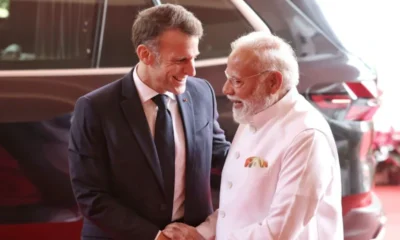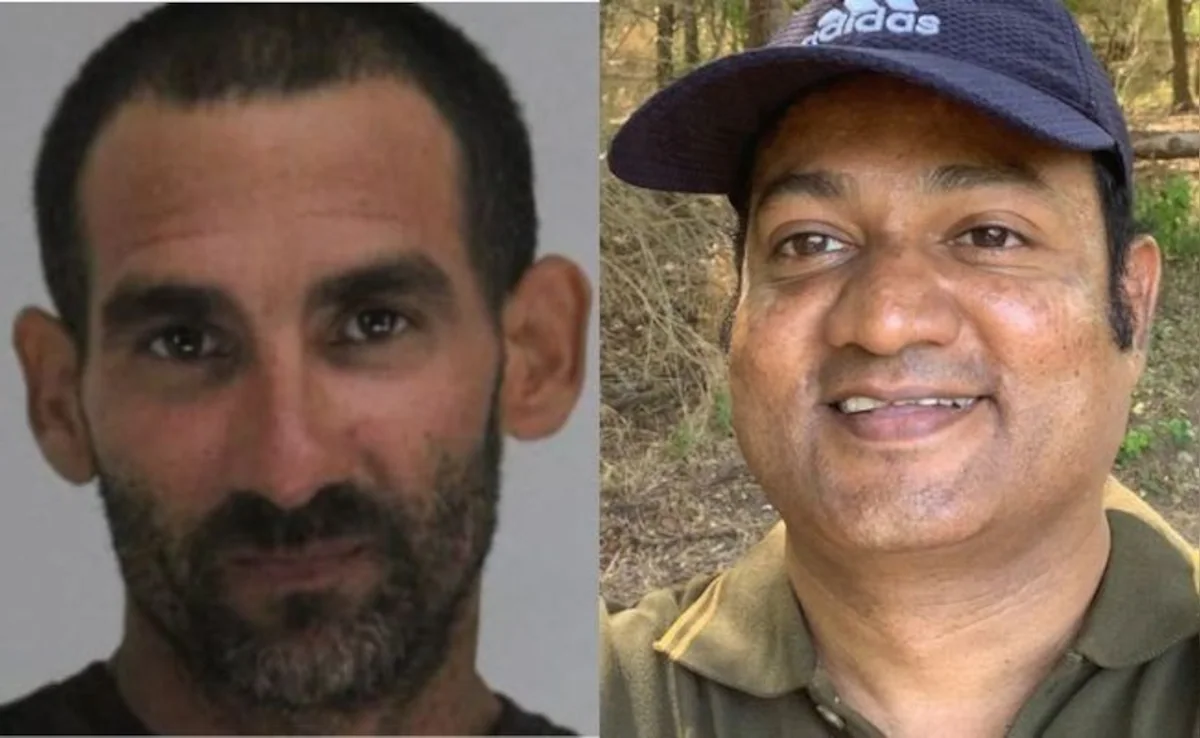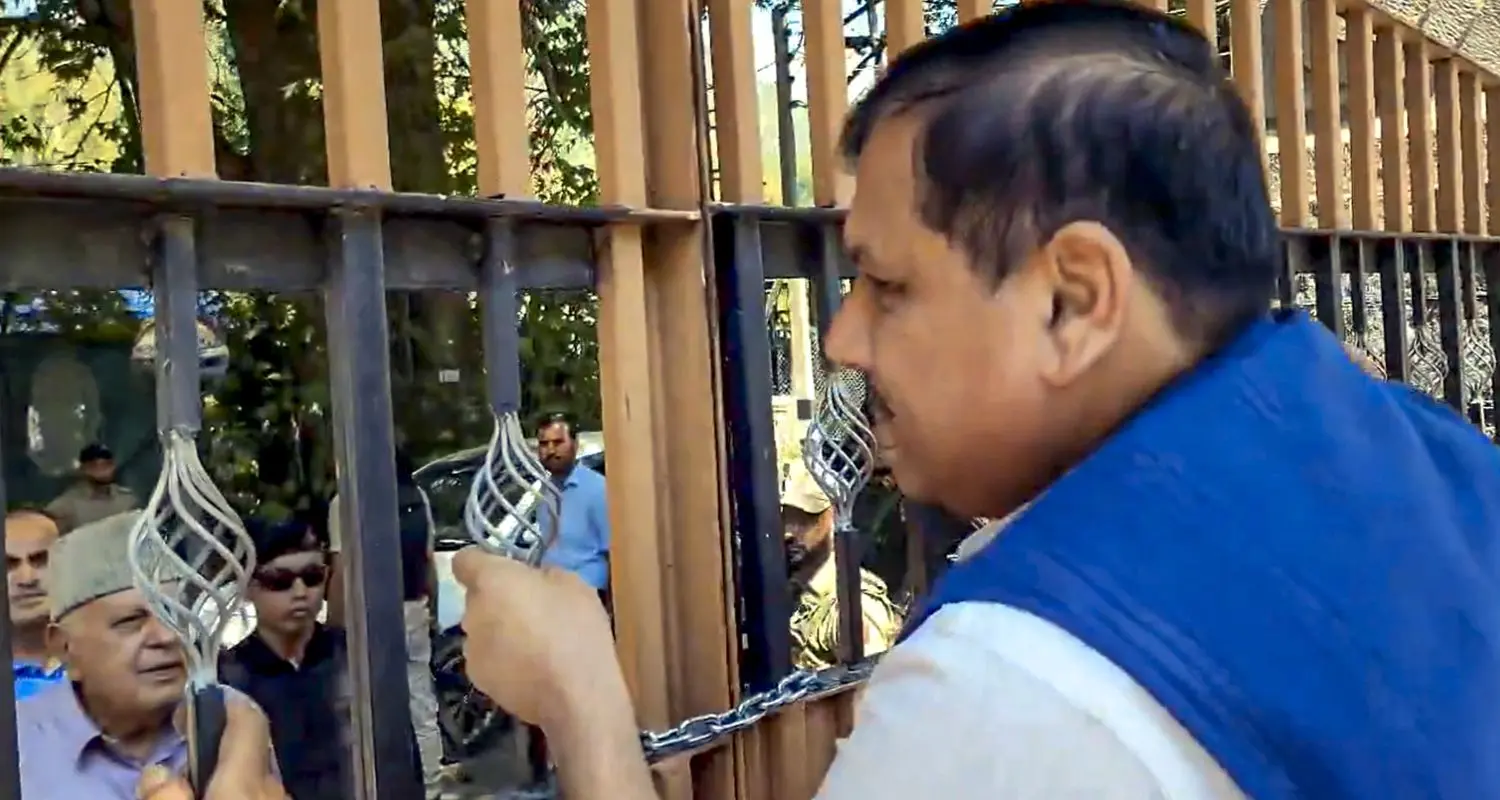The Winter Session of the parliament, which will run till December 13, started today amid concerns over a slowing economy, unemployment, agrarian distress and the continued detention of political leaders in Jammu and Kashmir.
On day one, the government was targeted over the absence of Farooq Abdullah in the House. Congress leader Adhir Ranjan Chowdhury, who is also Leader of Opposition in the Lok Sabha, strongly criticised the prevailing situation in Kashmir, the visit of a private delegation of European Union MPs and called the detention of Farooq Abdullah an “atrocity”.
“It has been 108 days today since Farooq Abdullah was detained. Yeh kya zulm ho raha hai (what kind of injustice is happening)? He should be brought to the Parliament. It is his constitutional right,” Chowdhury said.
This will be the the last Parliament session of 2019 and 250th session of the Rajya Sabha. Prime Minister Narendra Modi spoke in a special discussion to mark the 250th sitting in the House.
“This is the last Parliament session of 2019. It is very important because this is the 250th Parliament session of the Rajya Sabha. During this session, on 26th, we will observe the Constitution Day – when our Constitution completes its 70 years,” he said.
Among the key bills to be discussed is the Citizenship Amendment Bill, which the government was unable to pass in its previous tenure. Ahead of the Winter Session, PM Modi said he hoped for “frank discussions” and constructive debates and urged all parties to “contribute in a positive and proactive way, as they did in the previous session”. “We want frank discussions on all matters. It is important that there should be quality debates, there should be dialogues and discussions, everyone should contribute to enrich the discussions in the Parliament,” PM Modi told reporters.
In the Budget session, soon after the BJP’s landslide win and PM Modi’s return, the government pushed key bills, including one to enact the end of special status to Jammu and Kashmir under Article 370 and another to make ‘triple talaq’ a punishable offence. The government passed a record 28 bills — the highest for any session in a decade. “In the previous session, unprecedented achievements took place, not only because of the treasury benches but also because of the positive role played by all parties,” said the Prime Minister.
Among the bills listed for this session is the Citizenship Amendment Bill, which the government was unable to pass in its previous tenure. The bill seeks to grant citizenship to Hindus, Jains, Christians, Sikhs, Buddhists and Parsis from Bangladesh, Pakistan and Afghanistan if they fled their respective countries due to religious persecution. The bill was heavily criticised by the opposition and blocked in the Rajya Sabha, where the BJP-led NDA is in a minority.
As many as 43 Bills were pending in both Houses of Parliament. Out of these 43, 12 have been listed for consideration and passing. There are 27 Bills listed for introduction, consideration and passing.
This time, the Shiv Sena, which has broken up with its ally of 35 years over power sharing in Maharashtra, will be sitting in opposition. The opposition is expected to corner the government over economic slowdown and job losses.
At an all-party meeting on Sunday, opposition parties raised issues like the worsening economy and the continued detention of Kashmiri leaders since the abrogation of Article 370, which gave special status to the northern state. The parties demanded that Farooq Abdullah, a former Jammu and Kashmir chief minister detained in Kashmir, should be allowed to attend the session.


 Cricket news24 hours ago
Cricket news24 hours ago
 India News23 hours ago
India News23 hours ago
 Latest world news11 hours ago
Latest world news11 hours ago
 Latest world news11 hours ago
Latest world news11 hours ago
 Latest world news10 hours ago
Latest world news10 hours ago
 India News11 hours ago
India News11 hours ago
 India News2 hours ago
India News2 hours ago
 Latest world news1 hour ago
Latest world news1 hour ago









